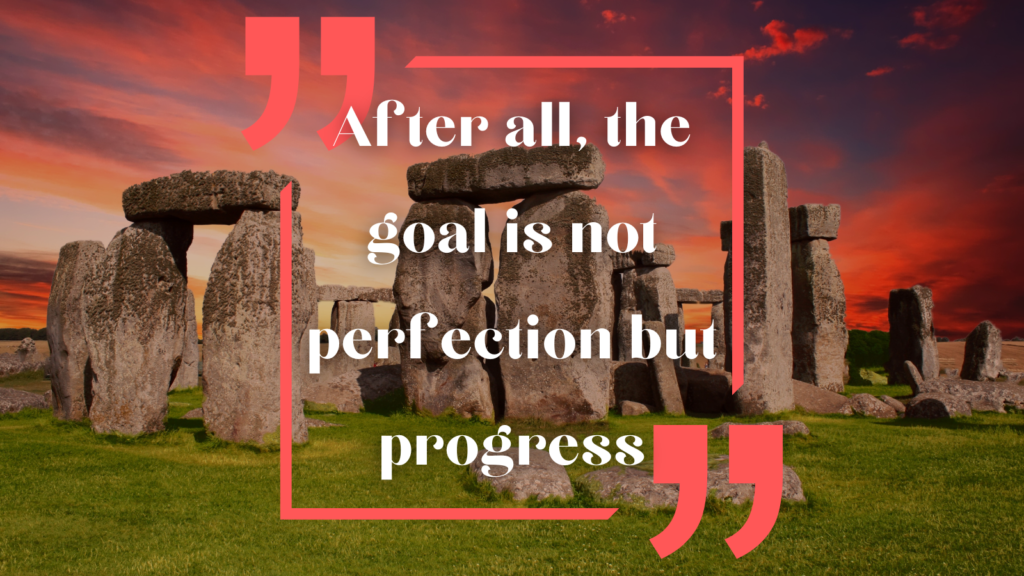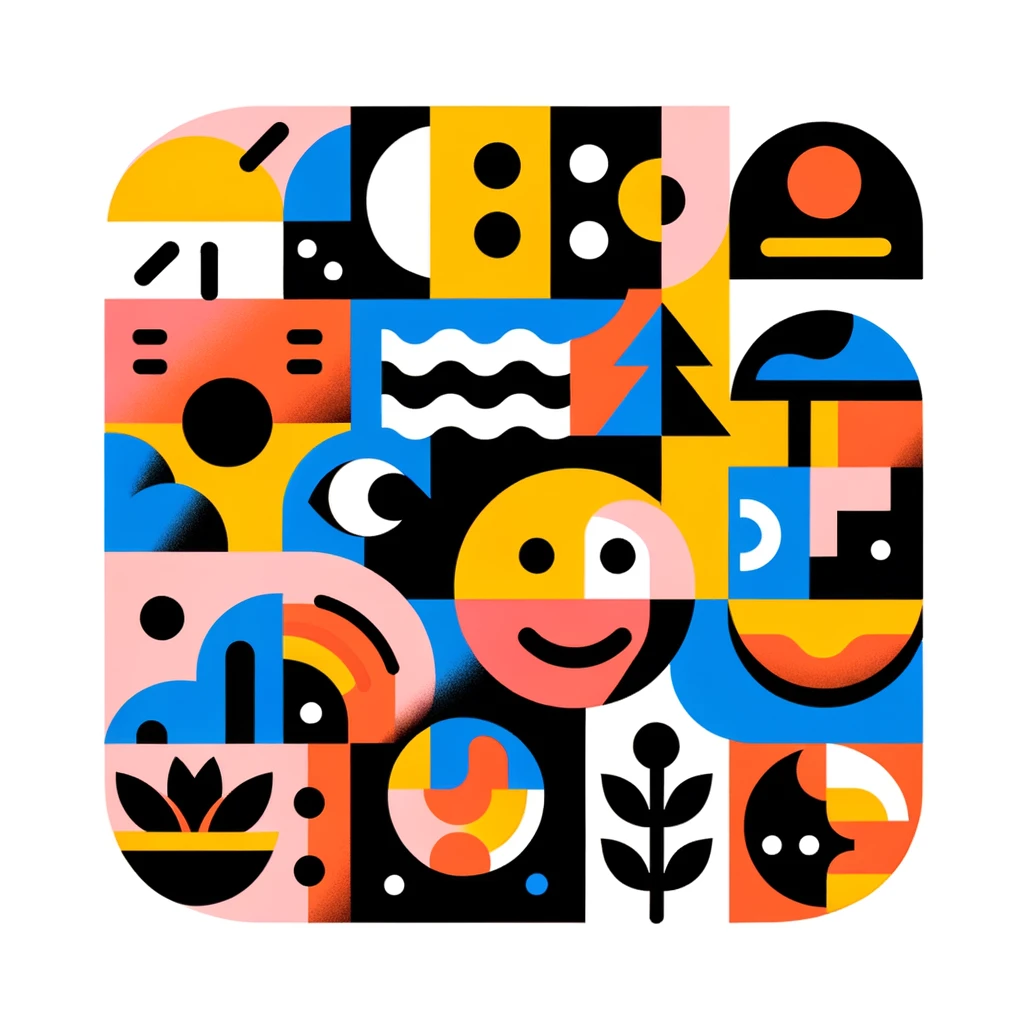
In an age where every conceivable method of self-organisation is at our fingertips, the art of journaling has become a labyrinthine endeavour. From the meticulously structured bullet journals to the reflective depths of journal prompts, the practical habit trackers, and the simple elegance of daily diaries, the sheer volume of information available is both a blessing and a curse. How does one navigate this maze? Where does one even begin?
Where to Begin?
The first question is whether to embrace the old school charm of pen and paper or to succumb to the allure of digital applications. Each has its merits. The tactile satisfaction of writing by hand, the sense of permanence in ink on paper, appeals to many. It’s a ritual, a meditative act that grounds one in the present. On the other hand, digital tools offer convenience, accessibility, and an array of features designed to streamline the process. But herein lies the rub: the very materialism that these tools are meant to combat often exacerbates the problem.
We are bombarded with advertisements promising that the latest app, the most sophisticated planner, or the trendiest notebook will transform our lives. The paradox is that in our quest to simplify, we often complicate. We accumulate tools and systems, each promising to be the panacea for our organisational woes, yet often find ourselves more entangled than ever.
Why do we do this? Perhaps it’s because modern life demands so much from us. We juggle multiple roles and responsibilities, each vying for our attention. The need for a system to keep everything straight becomes not just a luxury, but a necessity. Add to this the diverging thoughts that come with neurodivergence, mental health challenges, and physical disabilities, and the need for a robust yet flexible system becomes even more pressing.
Yet, amidst this complexity, there is a growing movement towards minimalism. Not in the sense of living with nothing, but in living with what truly matters. Streamlining our tools and methods, being selective rather than trend-following. The goal is not to strip life of its richness but to focus on what adds value.
Must Start Somewhere
So, how do we determine what works for us? The answer lies in experimentation and self-awareness. Start with the basics. Try a simple daily diary for a week. Add in a habit tracker if that appeals to you. Explore journal prompts if introspection is your goal. Pay attention to how each method makes you feel and what impact it has on your daily life. Are you more organised? Less stressed? Or do you feel overwhelmed by the very system meant to help you?
Ultimately, the art of journaling is deeply personal. There is no one-size-fits-all solution. What matters is finding a method that resonates with you, that helps you navigate the complexities of life with a bit more clarity and calm. It’s about striking a balance—integrating systems without becoming enslaved by them, embracing minimalism without feeling empty.
In this journey, remember that the perfect system is not the one with the most features or the latest trends, but the one that serves you best. So, start simple, stay mindful, and let your journaling practice evolve naturally. After all, the goal is not perfection but progress.


Leave a Reply